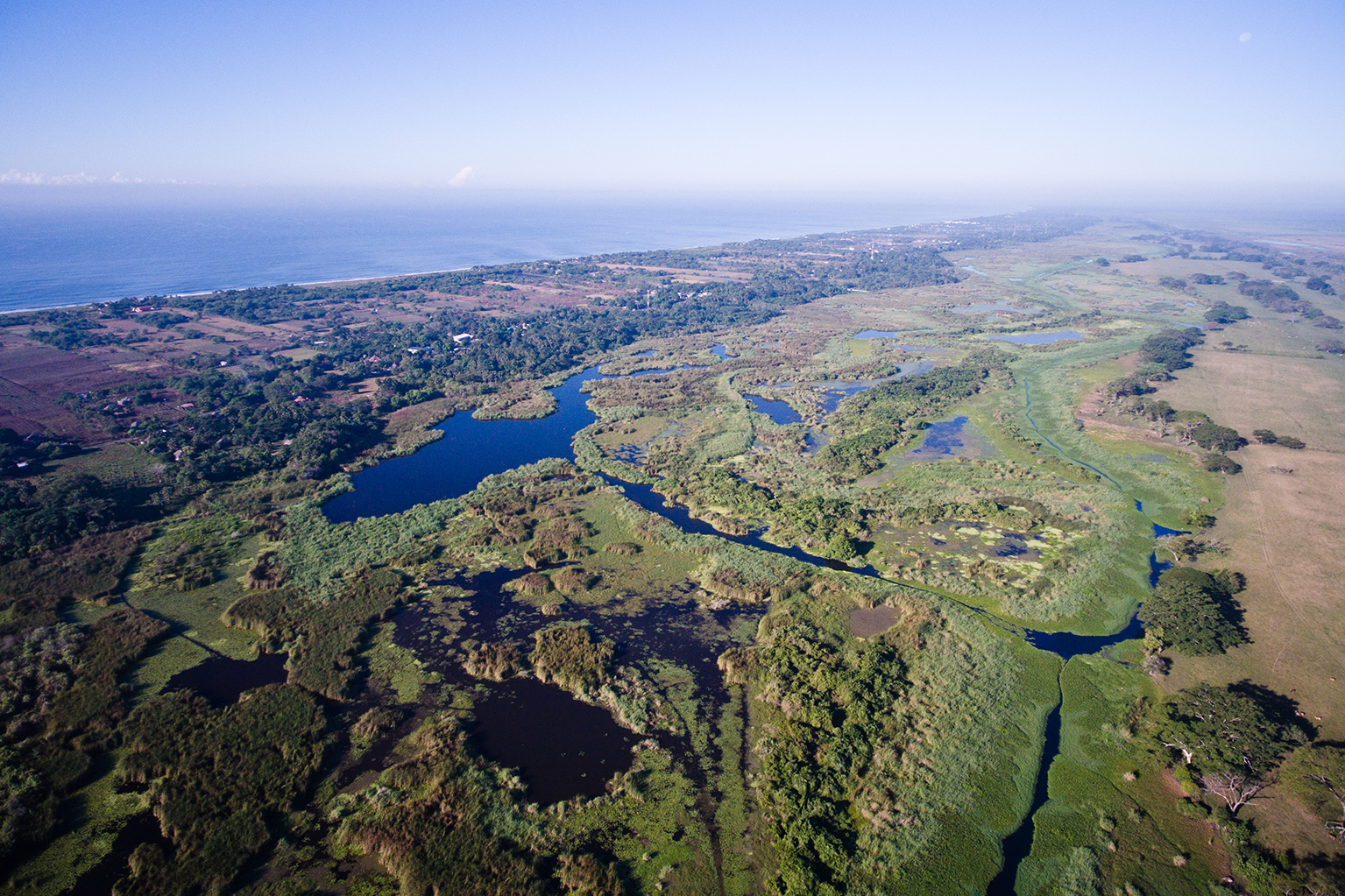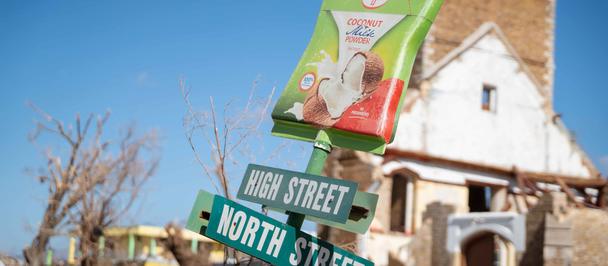The finance gap globally is between USD 150-440 Billion per year, while only around $52 billion per year is spent on biodiversity. Photo: UNDP Guatemala
11 June, Cartagena, Colombia – Tapping the huge potential of private investment into nature-based solutions is crucial for protecting the environment and sustainably developing economies, agreed experts at a prominent regional meeting for biodiversity finance in Cartagena this week.
There is a large financial gap to fund biodiversity management and while better financial planning and management by the government is important – scaling up private investment through new financial instruments is seen as the only way to bridge this gap.
The finance gap globally is between USD 150-440 Billion per year, while only around $52 billion per year is spent on biodiversity. In Latin America alone the value of nature and its services is estimated at USD 24 trillion.
“We do not have enough money to keep our planet in the long term, the private sector is crucial,” said John Tobin, Professor of Practice for Corporate Sustainability at Cornell University in his keynote speech at the BIOFIN 5th Regional Dialogue for Biodiversity Finance.
“But ‘Eureka’, we discovered that this gap represents only 1% of all the new capital that comes into private capital every year – through reinvested capital, pension funds, savings by individuals and big scale investments. The private sector is the place to look – to attract that 1% to fill the investment gap,” he concluded.
Tobin assured that to enable further private investment, governments must play a role in policy reforms and settings that provides incentives and encourages sustainable private investment.
Jessica Faieta, the UNDP Resident Representative, Colombia said that Latin America remains a superpower for biodiversity. “Biodiversity in our region supports our vital needs including food, human well-being, and our landscapes,” she said in her opening remarks at the event. “The Government and the region as a whole have taken steps to consolidate the protection of biodiversity and sustainable use of resources. However, despite these efforts the challenges remain, biodiversity continues to be lost and the planet continues to warm up at a rapid rate and it is difficult to adapt to this new climate,” she added.
Projects such as BIOFIN, which is implemented in 35 countries simultaneously, are fundamental as they identify and create innovative public and private solutions to conserve biodiversity and benefit vulnerable populations, concluded Faieta.
In Colombia, the government has established an ambitious national development plan that is the guiding strategy for the country. For the first time, climate change and the protection of biodiversity are considered in this strategic plan for the development of the country, concluded Carolina Díaz, from the National Planning Department in her opening remarks.
The 5th BIOFIN Latin America and the Caribbean Regional Dialogue on Biodiversity Finance is held in Cartagena and will end with the interventions of the Deputy Ministers of Environment and Finance of Colombia on Friday, June 14.

 Locations
Locations




